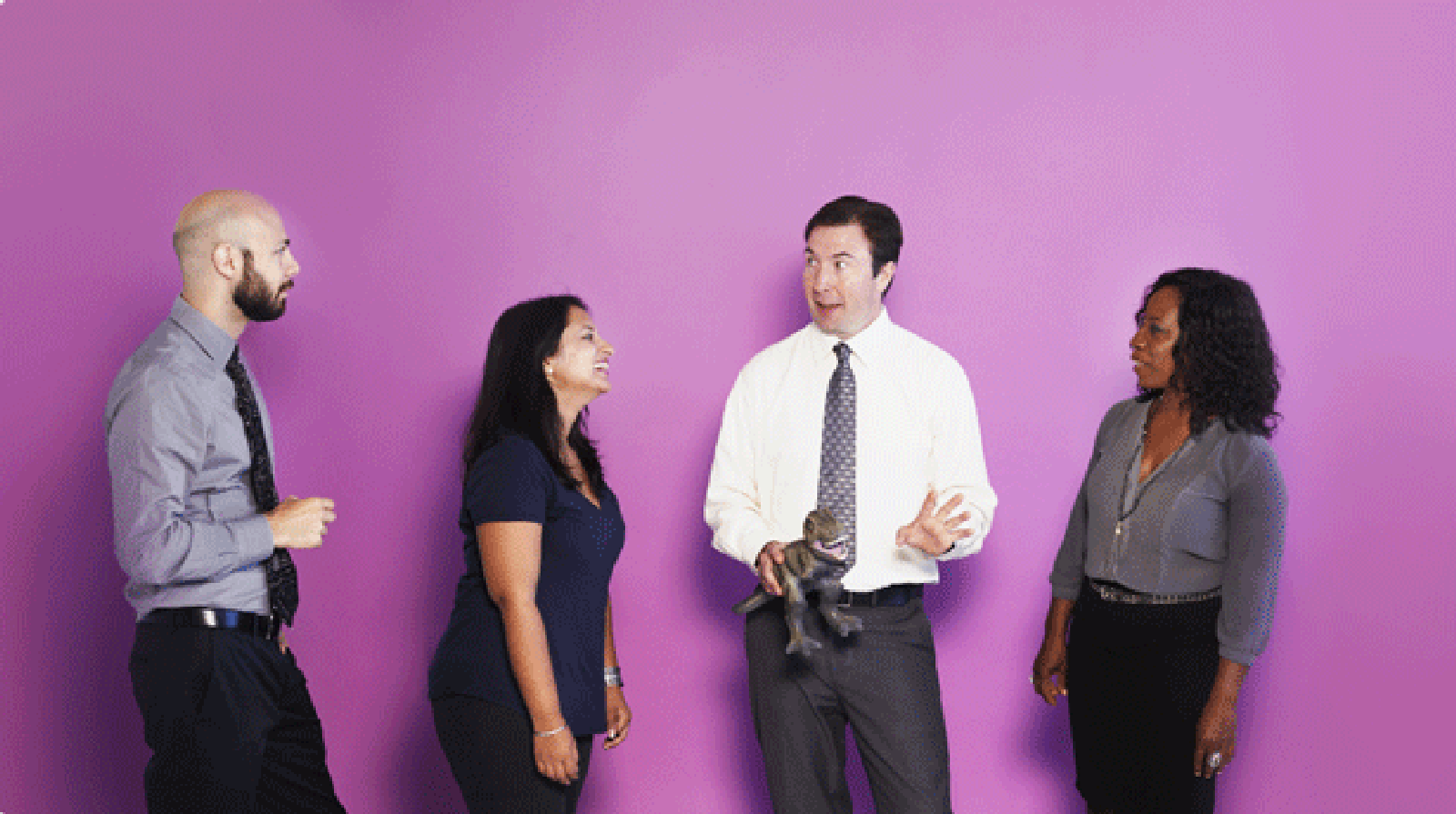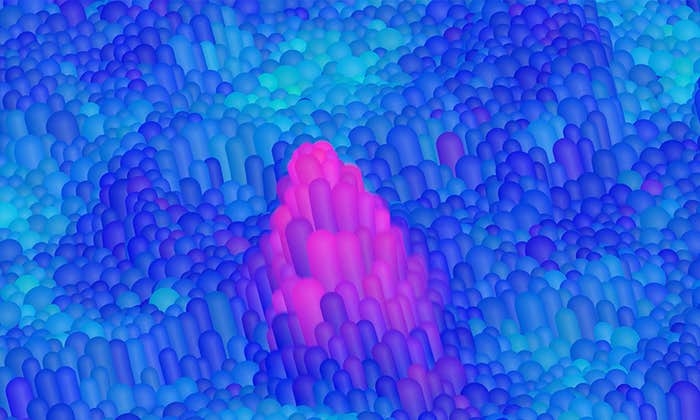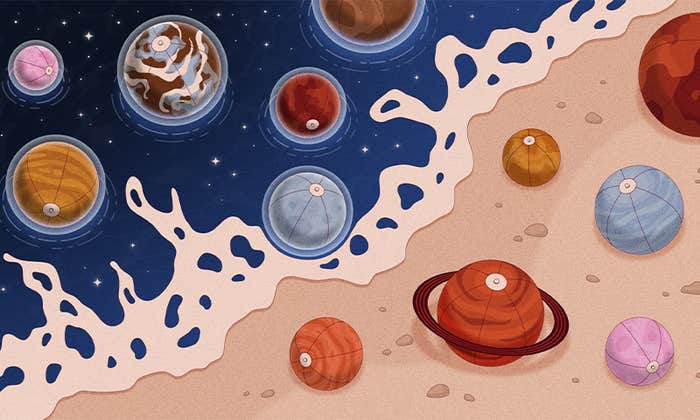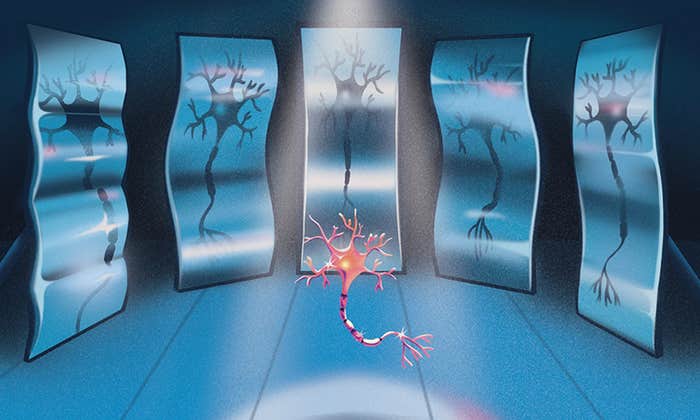Years ago, after a two-year stint as an engineer and before drifting into journalism, I was a teacher. I enrolled in the teacher education program at Oregon State University, did my student teaching at nearby Philomath Elementary School, and, to my surprise, quickly landed a job teaching first grade at a public international school in Taiwan.
Like many young, idealistic rookies, I threw myself into the task of helping my students excel academically and socio-emotionally, often learning through trial and error. I did my best to set high standards and clear expectations; consistently enforce rules; model positive behaviors and conflict resolution strategies; treat each child with trust and respect; and, when it came to teaching reading, writing, math, social studies, science and gym, do my best impersonation of a Swiss army knife. Looking back, I give myself a D for organization and efficiency (I often graded assignments and planned the next day’s lessons well into the night), but I had great enthusiasm for every subject I taught, especially math and science. (My parents are engineers with physics backgrounds, and I studied a mix of physics, mathematical physics and literature at Cornell University.)
I also looked for ways to extend my teaching beyond the canned lessons in the school-approved curricular guide. For a lesson on light, I decided to do a pinhole camera project, only instead of using a shoebox, I snagged a refrigerator box from a nearby appliance store. My students made a camera so big even I could sit in it. As they took turns gazing at the outside world as an upside-down movie, the kids could see for themselves how light travels in straight lines.
I taught for just two more years, “looping” to stay with the same students for second grade and then teaching fifth-grade history (because the fifth-grade history teacher quit). Now, as a journalist 14 years later, I find myself looking at education from the outside in — editing Kevin Hartnett’s lucid article, “Meet the New Math, Unlike the Old Math,” about new math and science standards working their way into America’s schools, and writing about Channa Comer, one of four extraordinary teachers profiled in “The Art of Teaching Math and Science.”
Observing Comer in the classroom and interviewing her at length about her teaching methodology, I caught myself making mental notes of a nonjournalistic sort, usually along the lines of, “I wish I had done that when I was teaching.”
And if I were ever to teach high school science, I would highlight the importance of failure and non-results, a practice Aaron Mathieu has been honing as a biology teacher at Acton-Boxborough Regional High School near Boston. I would have students construct their own physics models as Michael Zitolo does at School of the Future here in New York.
I would also be upfront about the provisional nature of scientific results. Not, of course, that a fundamental theory like evolution is on shaky ground — it is not. But rather that scientists are still debating some of the specific mechanisms by which evolution produces biological diversity. Likewise, in physics, we know that gravity exists — we just don’t know how it works at the smallest scales. All of this is to say that scientific knowledge is not a completed volume of facts; it is a working draft that requires constant editing, revision and refinement.
And I would at least mention exciting new discoveries like the Higgs boson, the CRISPR gene editing tool and LIGO’s detection of gravitational waves. Five years ago, when I interviewed Brian Greene for The New York Times, he lamented the absence of modern physics in high school science classes:
“What other field are we thrilled and satisfied if by 12th grade our students are brought all the way up to 1687? Physics — if you learn Newton, you’re golden,” he said. “And that’s not the way it should be. We should really be bringing kids into the exciting things that have happened the last few centuries.”
Just this week I asked Soni Midha, a master math teacher at East Side Community High School in Manhattan, whether news of mathematical discoveries could be a resource to help engage her students. She replied by email:
I think incorporating math news in the classroom could be pretty valuable. Most students believe that everything in math is “set” in stone, and that’s what many adults believe too. But not everything is set. Just like in science, new ideas are being explored and discovered, and new proofs are written/found. I think including news articles about the latest happenings in math could allow students to see that math is relevant to everyday life.
Growing up, did you have teachers like Midha, Comer, Mathieu and Zitolo? Did your teachers turn you on to science and math or push you away from them? Please share your positive and negative experiences in our math and science surveys. Save your code and you’ll be able to see your story and everyone else’s here at Quanta Magazine on or after Oct. 20.
Lead image: From left to right: Michael Zitolo, a high school physics teacher at School of the Future, Soni Midha, a math teacher at East Side Community High School, Aaron Mathieu, a biology teacher at Acton-Boxborough Regional High School, and Channa Comer, who taught science at Baychester Middle School. Kyoko Hamada for Quanta Magazine

























